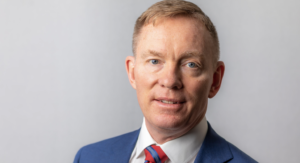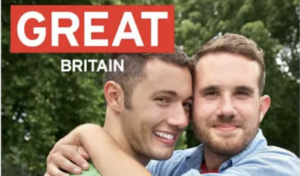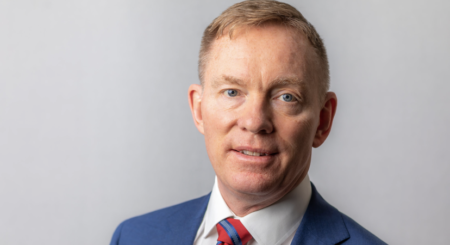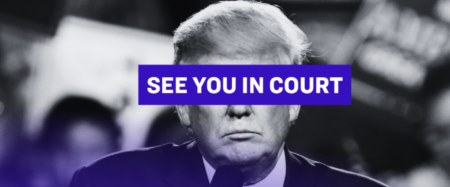The United Methodist Church has repealed its ban on gay pastors, signalling a monumental shift in policy that could reshape the landscape for clergy and members. This decision, made during the General Conference, reflects a move towards inclusivity and equality within one of the largest Protestant denominations in the US.
United Methodists Repeal Ban on Gay Pastors
The United Methodist Church has officially repealed its ban on gay pastors, a decision expected to have significant implications for members and clergy. The move marks a significant policy shift within one of the largest Protestant denominations in the United States.
This decision took place during the church’s General Conference, culminating years of debate and controversy over LGBTQ+ inclusion within the church. Advocates for the repeal view it as a step toward inclusivity and equality, potentially altering the future for many within the congregation.
Clergy across the U.S., such as a Dallas man closely watching the developments, now face a changed landscape that might affect their roles and opportunities within the church. The repeal may influence both current and aspiring pastors contemplating their future within the denomination.
The decision will likely prompt responses from various factions within the church, reflecting its diverse membership’s differing views on the topic.
Irving-area Officials and Religious Leaders Foster South Asian Enclave
In the Irving area, local officials and religious leaders are actively working towards fostering the growth and success of a burgeoning South Asian enclave. This collaborative effort aims to support the community through various initiatives and events designed to celebrate and promote cultural heritage.
Political and religious figures have joined forces to facilitate the enclave’s development, enhancing community bonds and providing resources to improve quality of life. This support is evidenced through active engagement in cultural festivals and collaboration on projects that benefit the South Asian community.
The initiatives in Irving represent a broader trend of community-led efforts to nurture cultural diversity and inclusion, setting an example for other regions with significant immigrant populations.
These combined efforts of local authorities and community leaders illustrate the positive impact of coordinated action in fostering thriving multicultural communities.




















